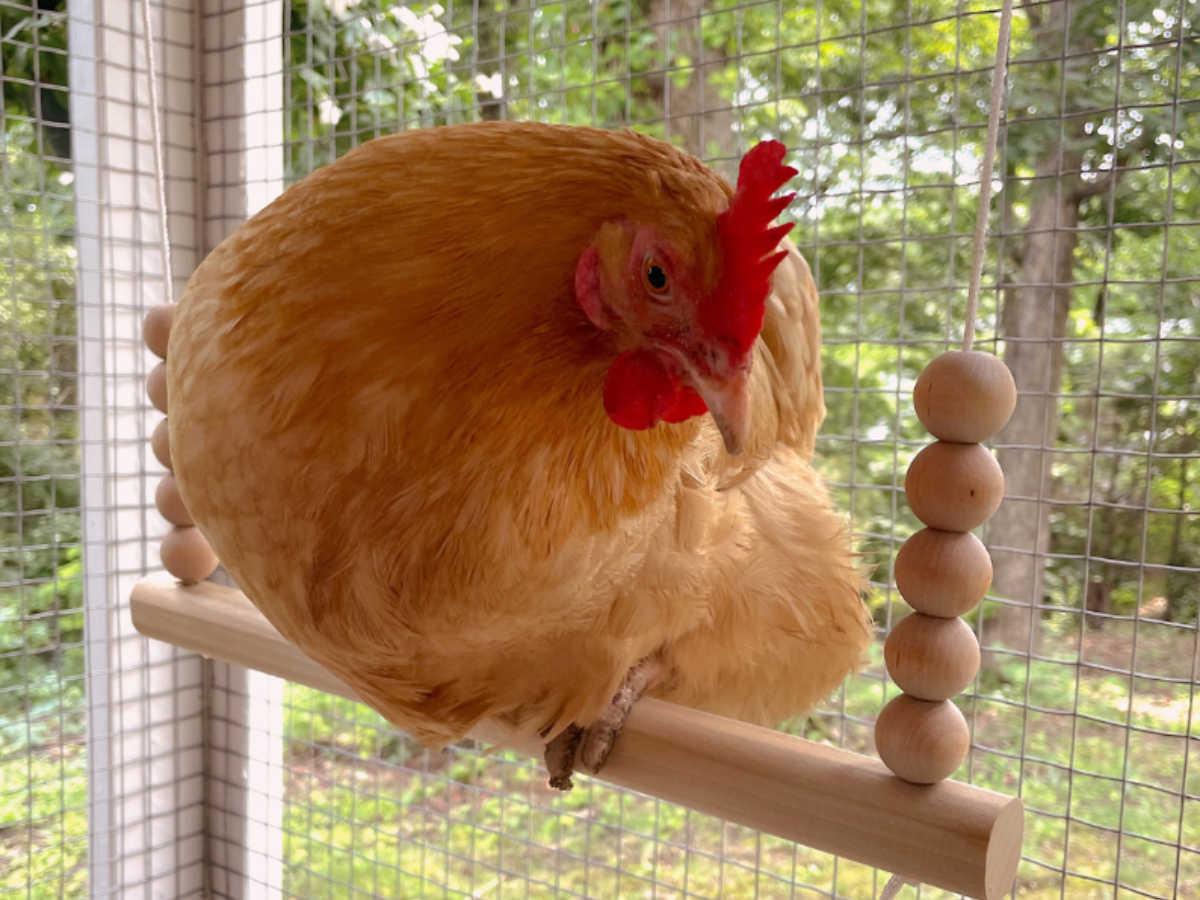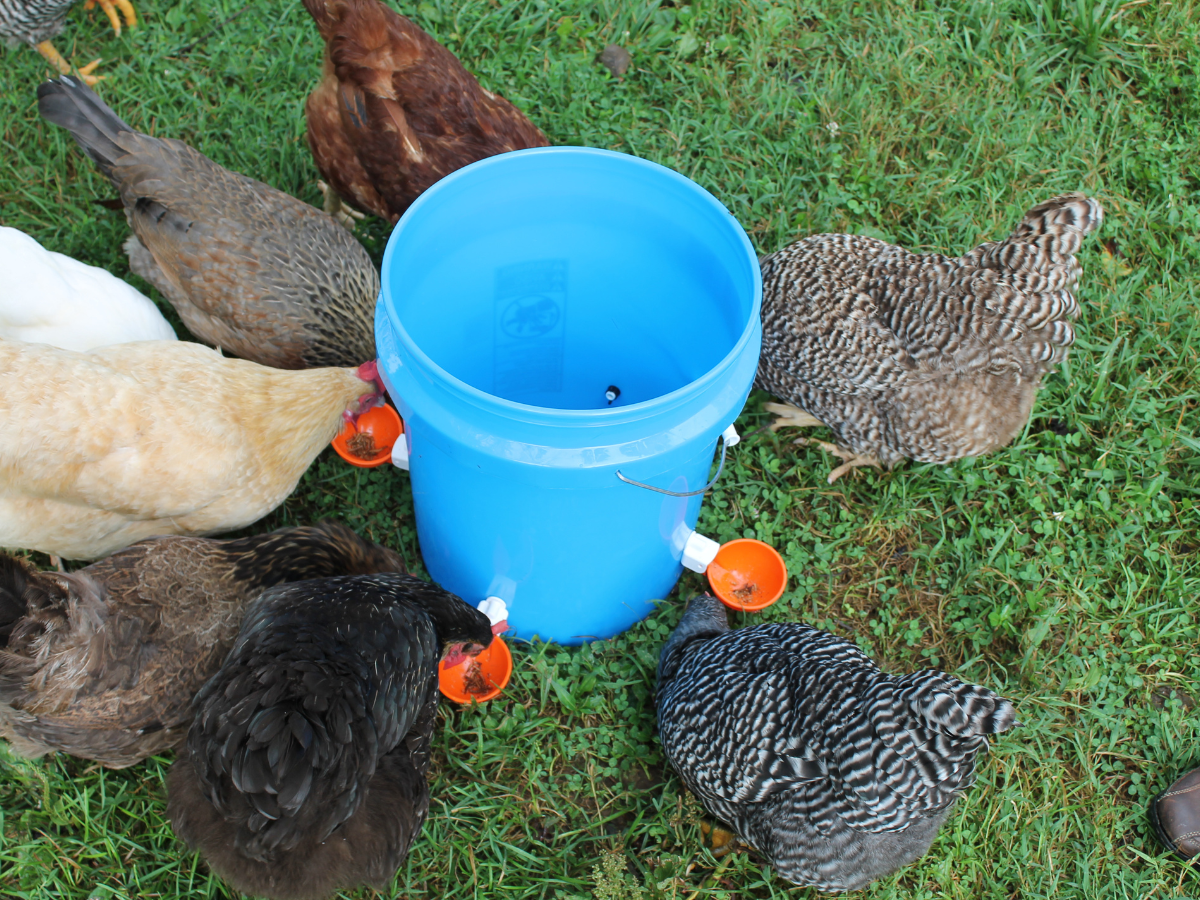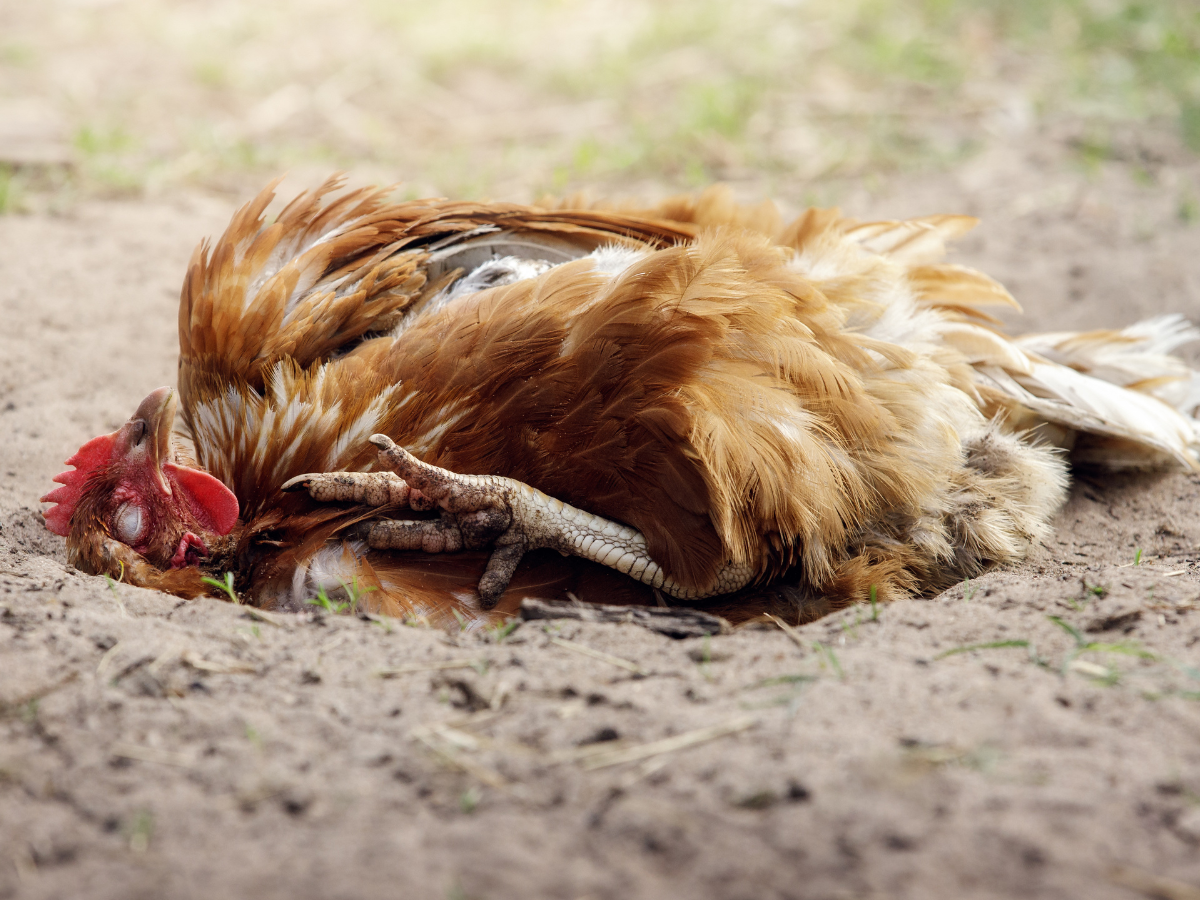The ABCs of Backyard Chicken Keeping
Welcome to the ABCs of Backyard Chicken Keeping! Whether you're a seasoned chicken keeper or just getting started, this guide will cover essential topics from A to Z to help you manage a happy, healthy flock.

A: Ailments
Understanding and identifying common chicken diseases like Marek's, coccidiosis, and respiratory infections is crucial. Regular health checks and a good relationship with a vet can save your flock from severe outbreaks.
B: Brooding
Brooding is essential for raising chicks. Ensure a warm environment (around 95°F to start, reducing by 5°F weekly), clean bedding, and access to food and water. Use a brooder lamp or plate for consistent heat.

C: Coops
Your coop should provide shelter, security, and comfort. Ensure adequate space (4 sq. ft. per bird inside, 10 sq. ft. outside), proper ventilation, nesting boxes, and predator-proofing with strong wire mesh.
D: Diet
A balanced diet is critical for chicken health. Layer feed is typically used for hens, while growers and starters are for younger birds. Supplement with kitchen scraps, greens, and occasional treats like mealworms.

E: Egg Production
To maximize egg production, maintain a stress-free environment, proper nutrition, and lighting (14-16 hours of light daily). Watch for issues like egg binding or soft shells, often due to calcium deficiency.
F: Foraging
Allowing chickens to forage reduces feed costs and enriches their diet with insects and greens. Ensure the area is safe from predators and toxic plants.
G: Grit
Chickens need grit to help digest their food. Provide insoluble grit (tiny stones) free-choice, especially if they don't have access to natural grit outdoors.

H: Health Checks
Perform regular health checks to catch issues early. Look for clear eyes, clean nostrils, normal droppings, smooth feathers, and active behavior. Check for parasites like lice or mites.
I: Incubation
For hatching eggs, maintain an incubator at 99.5°F with 40-50% humidity, turning eggs several times daily until day 18, then increase humidity to 65-75% until hatch.

J: Jungling
Create an enriching environment with perches, dust baths, and objects to explore. Chickens are curious and benefit from mental stimulation.
K: Knowledge
Stay informed through books, online resources, forums, and local chicken keeping groups. Continuous learning helps you tackle challenges and improve your practices.
L: Lighting
Proper lighting affects egg production and overall health. Use supplemental lighting in winter to maintain egg laying. Ensure natural darkness at night for rest.
M: Molting
Molting is a natural process where chickens lose and regrow feathers, typically in the fall. Increase protein in their diet to support feather regrowth and reduce stress.

N: Nesting Boxes
Provide one nesting box per 4-5 hens, with soft bedding like straw or wood shavings. Keep boxes clean to encourage egg laying and prevent broodiness.
O: Ordinances
Check local ordinances before starting your flock. Regulations can dictate the number of chickens, coop placement, noise levels, and more.
P: Predator Protection
Predator-proof your coop and run with hardware cloth, secure latches, and buried fencing. Common predators include raccoons, foxes, hawks, and neighborhood dogs.

Q: Quarantine
Quarantine new or sick birds for at least 30 days to prevent disease spread. This practice is vital for biosecurity and flock health.
R: Roosting
Provide perches for roosting. Chickens prefer to sleep off the ground for safety. Use round or flat perches, allowing 8-12 inches of space per bird.
S: Sanitation
Maintain a clean coop to prevent disease. Regularly change bedding, clean waterers and feeders, and sanitize the coop periodically.
T: Training
Basic training can make managing your flock easier. Train chickens to come when called using treats, and establish routines for feeding and coop closing.
U: Understanding Behavior
Recognize behaviors like pecking order establishment, broodiness, and dust bathing. Understanding these helps you manage your flock more effectively.
V: Vaccinations
Consider vaccinating for common diseases like Marek's. Consult with a vet to determine the best vaccination plan for your flock's needs.

W: Watering Systems
Ensure chickens always have access to clean water. Automatic waterers can reduce labor, and in winter, heated waterers prevent freezing.
X: X-Factors
Explore unique tips and tricks, such as using herbs for natural pest control or creating a chicken tractor to rotate grazing areas.
Y: Yard Management
Manage your yard to balance chicken activity with garden health. Use fencing to protect delicate plants and rotate free-range areas.

Z: Zoning Out
Provide relaxation and stress-reduction techniques like quiet areas, dust baths, and safe spaces to escape flock mates.
By following these ABCs, you'll be well-equipped to maintain a happy and healthy backyard flock. Happy chicken keeping!
